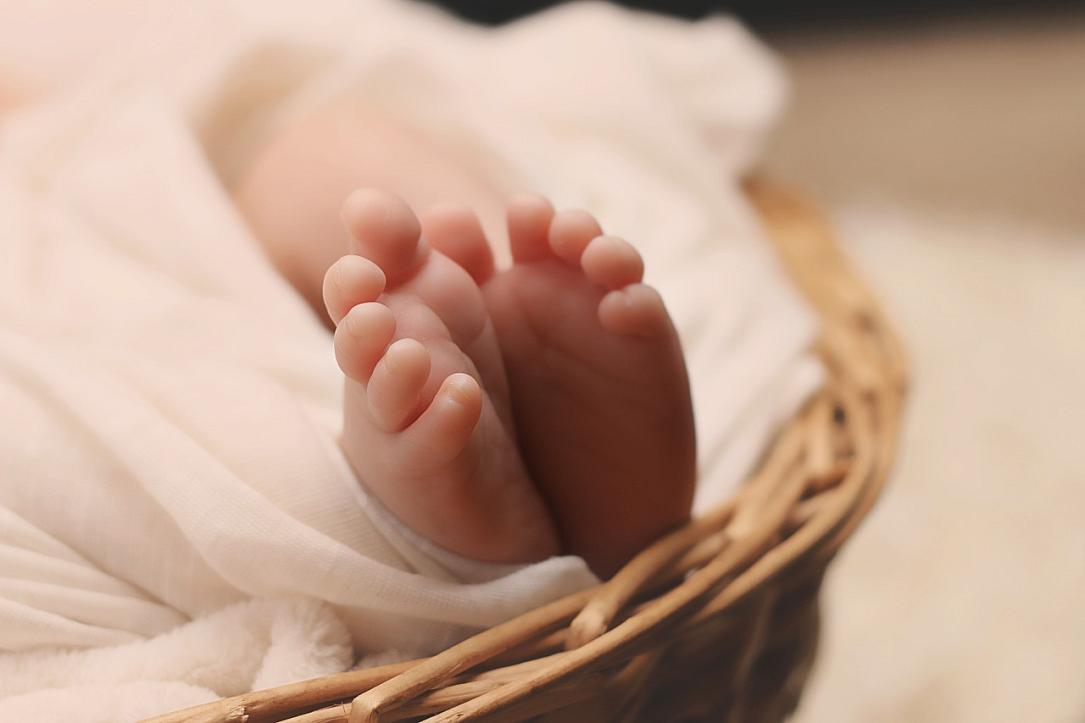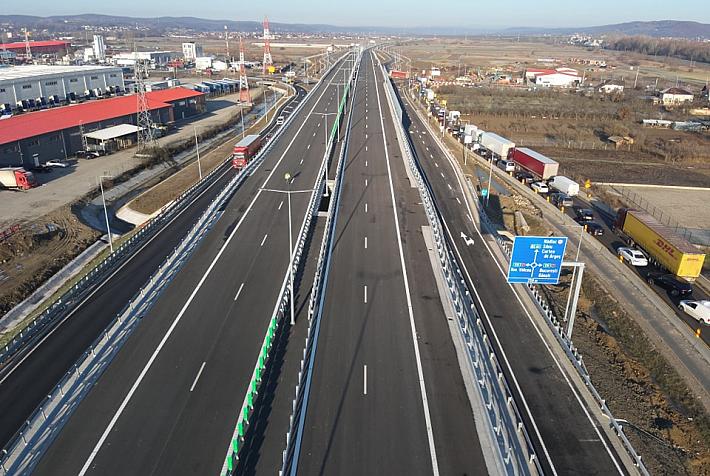Media: Romania’s birth rate drops to lowest level in 53 years in 2019

The number of babies born in Romania in 2019 fell to the lowest level in 53 years, according to an analysis made by local Edupedu.ro based on data from the National Statistics Institute (INS) and the National Registry of People Records (RNEP). The previous negative record was registered in 2018.
The most recent INS data cover the first 11 months of 2019, when 173,230 babies were born in Romania. The official INS figures for December 2019 will be released in February, but Edupedu.ro also checked the RNEP data, which said that 4,908 births were registered in Romania in the last month of 2019 (for which birth certificates were released).
Thus, the analysis showed that about 178,130 children were born in Romania last year, 12,040 fewer than in 2018. The last time Romania registered such a low annual birth rate was in 1967, the year after late communist dictator Nicolae Ceausescu gave the anti-abortion decree, Edupedu.ro said.
An average of 360,000 babies were born in Romania annually between 1970 and 1989, according to data from the Romanian Academy and the INS. About 369,000 babies were born in 1989 and 314,746 in 1990. Since then, birth rates have dropped almost continuously, with slight recoveries.
Migration is one of the main causes for the low birth rate in Romania. According to INS data, almost 239,000 Romanians went abroad for more than 12 months in 2018. The number of temporary emigrants was the highest since 2010, being in the fifth consecutive year of growth, according to press releases from previous years consulted by Edupedu.ro.
The resident population of Romania is projected to decrease from 19.5 million inhabitants, as it was in 2018, to 13.7 million inhabitants in 2060, according to the National Institute of Statistics.
newsroom@romania-insider.com













